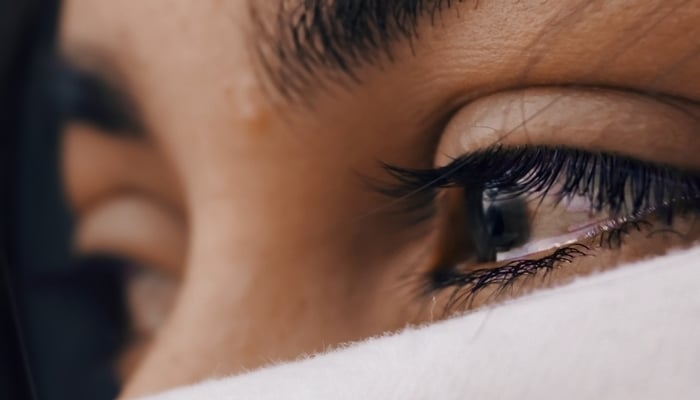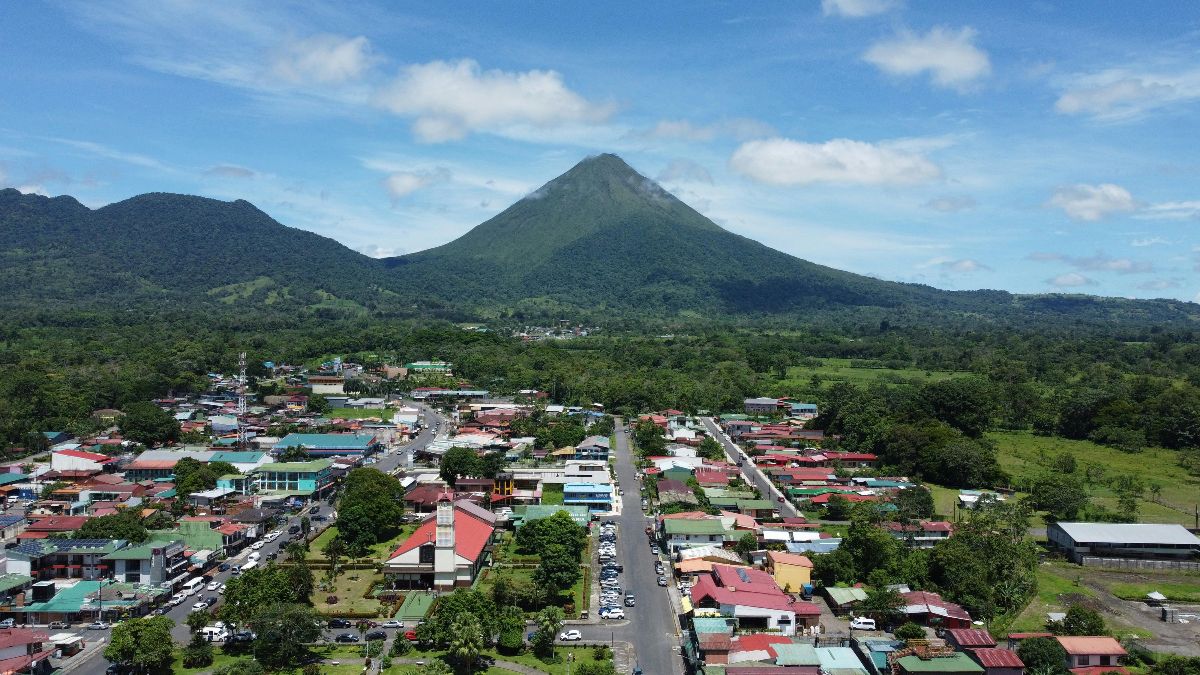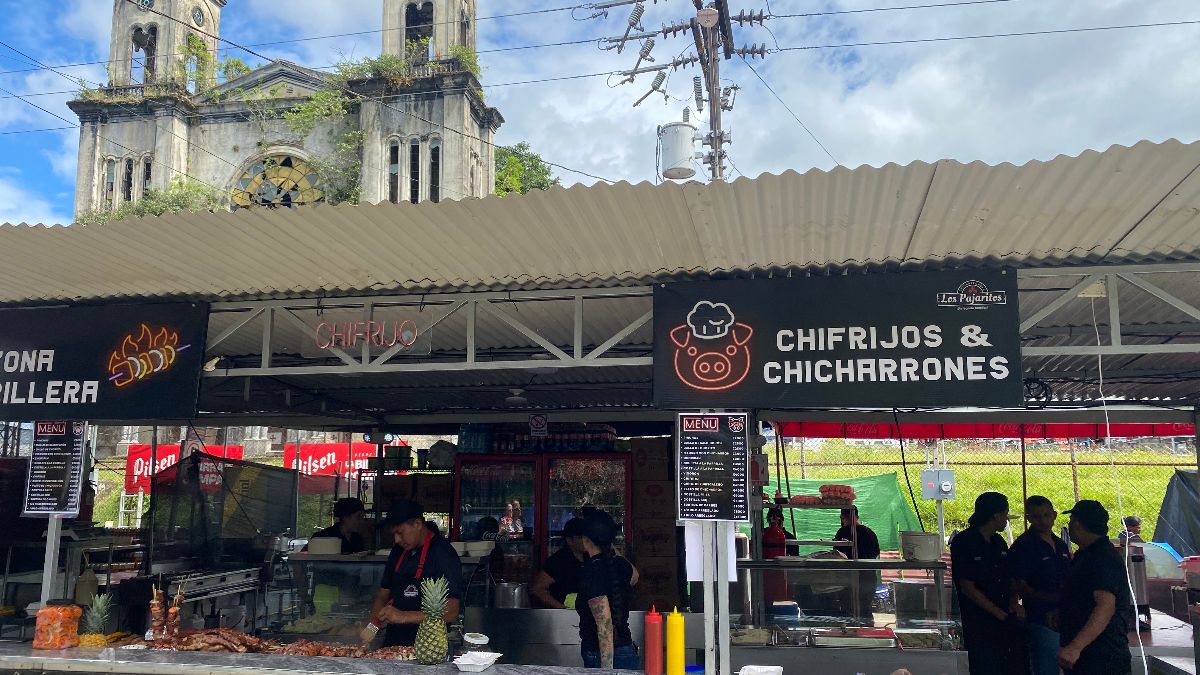Sexism in Costa Rica is alive and well. Most women can talk about various degrees of harassment in many aspects of their lives, from the home to the workplace to the streets. In this article, Lyan Suarez Campos, a project manager in her 30s, talks about her experiences.
The quote below is from a man I know, talking about the concept of International Women’s Day:
“The truth is women are being protected a lot. They abuse themselves. Men can’t say or do anything to women because it’s violence, but women can say or do anything to us. In other countries, it’s different, but in Costa Rica it’s not funny.”
After hearing this, I looked at my own experience. I’m a 33-year-old professional, born and raised in San José, Costa Rica. I’m educated. My mother is, and has been, the head of our household since I was three.
You could say I’m one of those “protected woman” mentioned in the comment above. You could say I’m privileged and lucky, with plenty going for me. All that is true. But the truth is, I’ve also received abuse and experienced repression for being a woman in Costa Rica.
It starts early. When we were children, my mother asked us girls to help with the housework, but never my older brother. Not him. That’s something incredibly common, the roles we’re expected to play and take through our lives from an early age.
After I turned eleven or so, when out walking, men used to touch me. It scared me and made me ashamed. I remember always lowering my head and scurrying away, flushed. That happened many times throughout my teenage years.
A few months ago I began speaking with other women about this. Turns out this happened to us all, and we all felt the same; scared and humiliated. Most women I know in Costa Rica can tell some variation of this story. I imagine most women, period.
PHOTOS: Costa Rica march demands end to street harassment https://t.co/KT4cs9F18f pic.twitter.com/lzT5URRrI9
— The Tico Times (@TheTicoTimes) March 9, 2016
My niece is now eleven herself.
I asked her mom, my sister, why my niece wore a padded bra. She said it was to protect her from men staring at her or touching her. In a padded bra, there’s less definition of her body, you can see less.
“You know how these old pigs are,” she said.
At first I thought my sister was right. Maybe she is right; all she wants to do is protect her daughter from the crap she put up with, the crap I put up with, we all put up with.
But then I thought, “no.” Why should my sister take action like this because of the disrespectful and disgusting behavior of others?
Why should my niece wear this thing like it’s normal for a child of eleven? Why is this whole issue normalized because of the actions of others?
“You know how these old pigs are.”
Yes, I do indeed.
I work in construction.
I love my job and I love getting out into the field, where the projects are happening. Oftentimes, that’s not so easy, especially in the early days.
Once I remember a former boss looking for someone to stay onsite, in a megaproject, because he was having problems and needed someone there, full-time.
I raised my hand. “I’ll do it, I want to go!”
His answer was no, not possible. It’s got to be a man. Sending a woman would be “too dangerous.”
At the time I had only two years of work experience. I was already finding out how having a vagina could compromise my career.
Since then, I’ve spent plenty of time in the field on construction sites.
When dealing with people in the field, I often have to alter my behavior, act harder and rougher than I am.
The reason for this is showing softness, kindness, to workers can send off “confusing” vibes to them. You know, like I’m flirting or I want them in some way. I have to be real careful with that.
Often, when I’m training people, I see they’re not paying attention to what I’m saying. I hear all the gossip, the chats about which engineer I’ve had sex with, how easy I am, how I must sleep with male colleagues. How, because I have male friends, I must sleep with them too. Then, of course, all the usual cat calling and that stuff.
If I was a man, no-one would say a word about any of this. I wouldn’t need to worry about workers receiving “confusing” signals.
In Costa Rica, the top targets of sexual harassment complaints in the public sector are doctors, teachers and cops http://t.co/mOSHYBD1qm
— The Tico Times (@TheTicoTimes) June 5, 2015
Today, a year ago, five years ago, whenever, I get abusive calls, obscene calls. It makes me mad that such men exist, so lacking in morals, respect, and courage.
It makes mad that women in Costa Rica put up with this crap in the workplace and elsewhere.
Years ago a guy used to knock on my door to masturbate in front of me. That’s not an uncommon story, ask around. I had to ask an ex-boyfriend to wait with me for the guy to come and go.
My best friend was braver. She finally put pepper spray in the eyes of the guy who used to harass her on the street, after he chased her several times. But then she was afraid to go home every day for fear of retaliation. Again, not uncommon.
These are some of the things I’ve seen and experienced. Many women, most women, almost all women in this country, have gone through variants of the same. Either at work, in their personal lives, at school, university, in bars or restaurants, or on the street. Everywhere.
So the man I know is right about one thing. In Costa Rica, it’s not funny. It’s not funny at all.
Lyan Suarez Campos is a freelance health and safety manager working in the construction industry. She lives in San Jose, Costa Rica.




